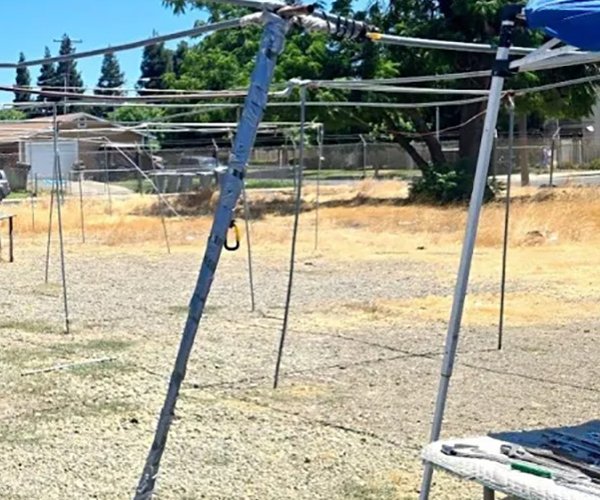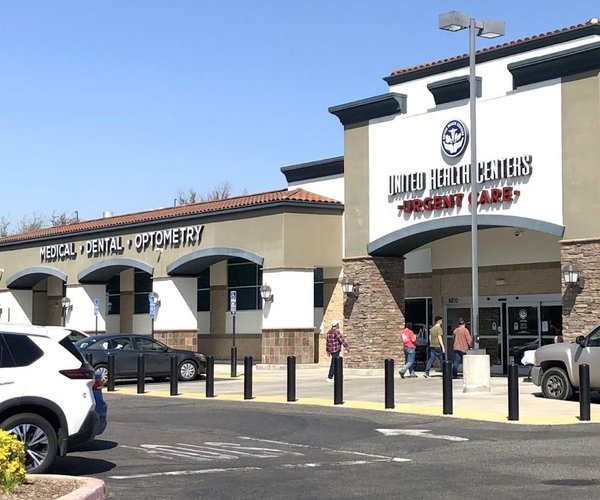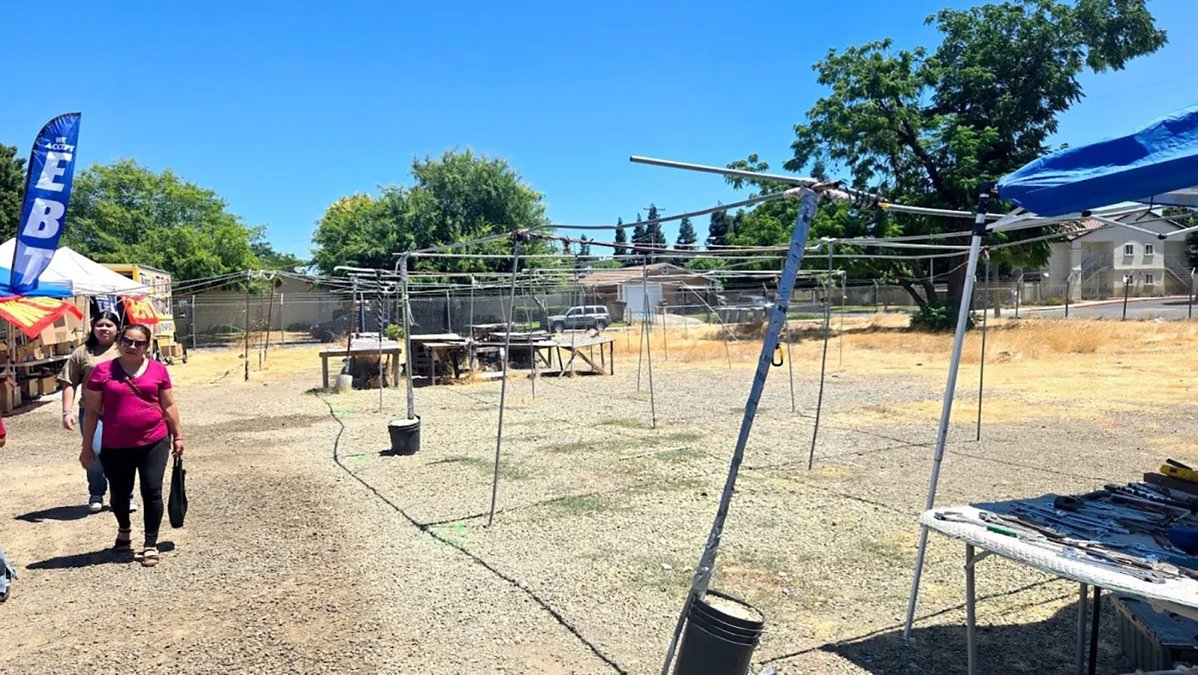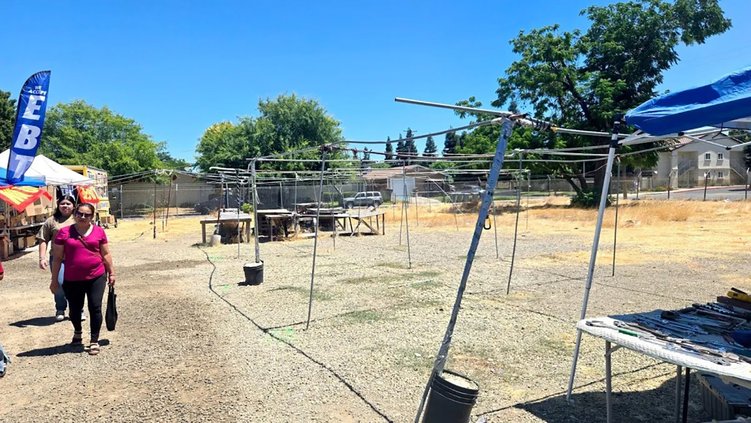A local legislator's effort to sell off under-utilized federal buildings – reducing wasteful spending – is one step closer to law.
U.S. Rep. Jeff Denham's (R – Atwater) Civilian Property Realignment Act passed the House of Representatives on Tuesday by a 259-164 vote.
The bill has been a cornerstone of Denham's campaign to shrink the size of government. As a California legislator, Denham also worked to reduce the state government's excess building inventory.
“In the face of a $15 trillion debt, it’s time we get serious about eliminating waste and increasing efficiency in our government. My bill, the CPRA, will shrink the federal real property footprint and save billions of taxpayer dollars by selling what we don't need and better utilizing what we keep,” said Denham, who chairs the House Subcommittee on Economic Development, Public Buildings and Emergency Management.
In fiscal year 2009, the federal government spent more than $1.7 billion to operate “under-used” buildings, a figure Denham termed “outrageous.” But cutting back on building inventories can be politically charged, with legislators fighting tooth-and-nail to keep offices open in their home districts.
“Unfortunately, under existing law, selling these vacant and underutilized properties is not easy – the process is too cumbersome and congested with red-tape,” Denham said. “The Administration has tried, but realized it cannot achieve major savings without reform. My bill streamlines the process to sell these properties, eliminate waste and promote economic growth.”
Denham's bill, similar to the Defense Base Realignment and Closure Act of 1990 which closed excess military installations, would employ an independent commission to determine which properties to sell. The nine-member commission would review all federal properties, and make recommendations to cut building inventories and more efficiently house workers.
The federal Office of Management and Budget suggests the CPRA could generate $500 million in taxpayer savings within six months. As much as $15 billion in revenues could be generated from property sales, while billions more could be saved from avoiding ongoing maintenance, utility, and holding costs.
The CPRA now heads to the U.S. Senate for further action.
To contact Alex Cantatore, e-mail acantatore@turlockjournal.com or call 634-9141 ext. 2005.









